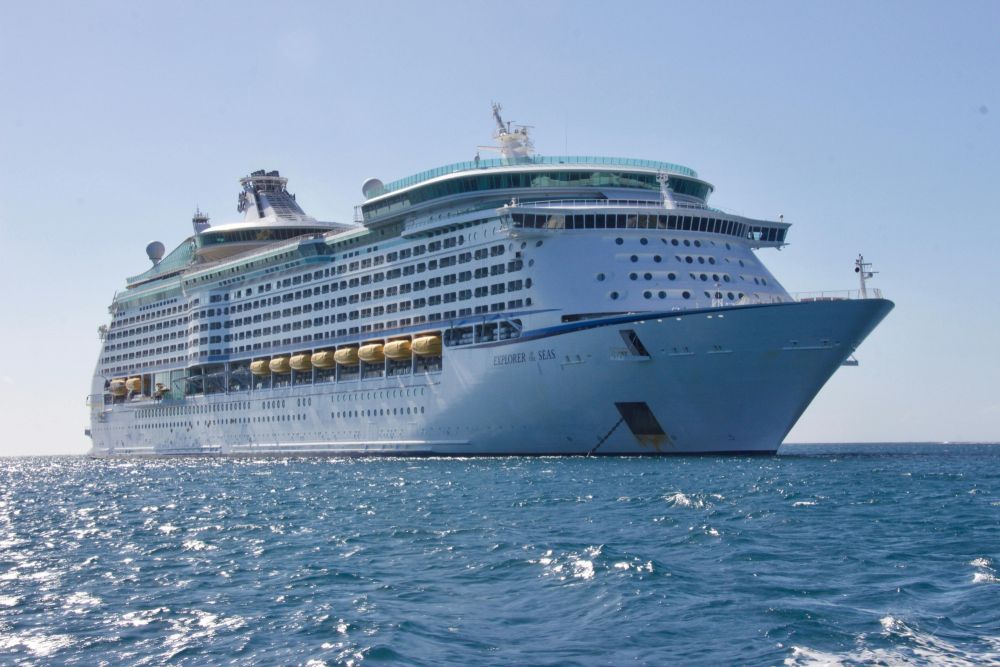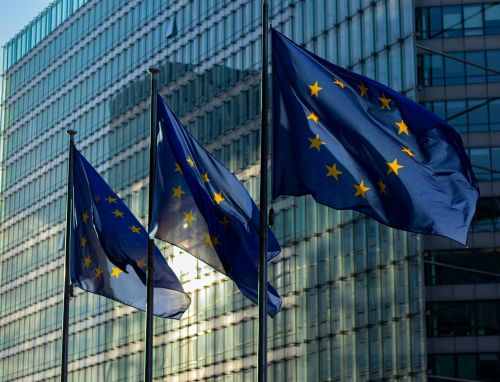Shipping Sector Advances Decarbonization with New Cruise and Freight Initiatives


Cut through the green tape
We don't push agendas. At Net Zero Compare, we cut through the hype and fear to deliver the straightforward facts you need for making informed decisions on green products and services. Whether motivated by compliance, customer demands, or a real passion for the environment, you’re welcome here. We provide reliable information—why you seek it is not our concern.
As the maritime sector faces mounting pressure to curb its environmental impact, two major players — TUI Cruises and CEVA Logistics — unveiled new initiatives today aimed at accelerating decarbonization across cruise and freight shipping.
TUI Cruises, a Germany-based cruise line, has launched a pioneering six-month partnership with behaviour change service Signol to reduce fuel use and emissions across its Mein Schiff fleet. The initiative engages Captains and Chief Engineers in adopting specific fuel-saving practices, guided by personalized targets and real-time data. These behaviours, identified through detailed analysis of ship operations, include practices like ensuring on-time departures to reduce engine idling. The project builds on TUI Cruises’ broader decarbonization strategy, which already features shore power usage, low-emission fuels, and advanced propulsion technologies. Fuel-saving milestones will trigger charitable donations to Enaleia, a Greek social enterprise focused on marine plastic removal and circular economy efforts.

Meanwhile, CEVA Logistics has introduced a low-carbon ocean freight service connecting France and Ivory Coast, powered by marine biofuels. The weekly Less Than Container Load (LCL) service cuts CO₂ emissions by 84% compared to traditional ocean freight. This route, part of the company’s CEVA FORPLANET sustainable transport suite, provides shippers with a greener alternative for cargo headed to West Africa — a key region in global trade. CEVA’s sustainability strategy spans air, ocean, and road transport, with more than 10 million liters of alternative fuels used in 2024 alone, avoiding over 26,000 tons of CO₂ emissions.
Together, these initiatives signal the growing momentum in maritime decarbonization, with both passenger and freight operators innovating to meet climate goals.
Sources: signol.io, cevalogistics.com

More related content

ECB, Academics Warn EU Over Risks of Easing Corporate Climate Repor...

Google Partners with Recoolit and Cool Effect to Tackle High-Impact...

Iberdrola Raises €750 Million in Landmark European Green Bond Offering
